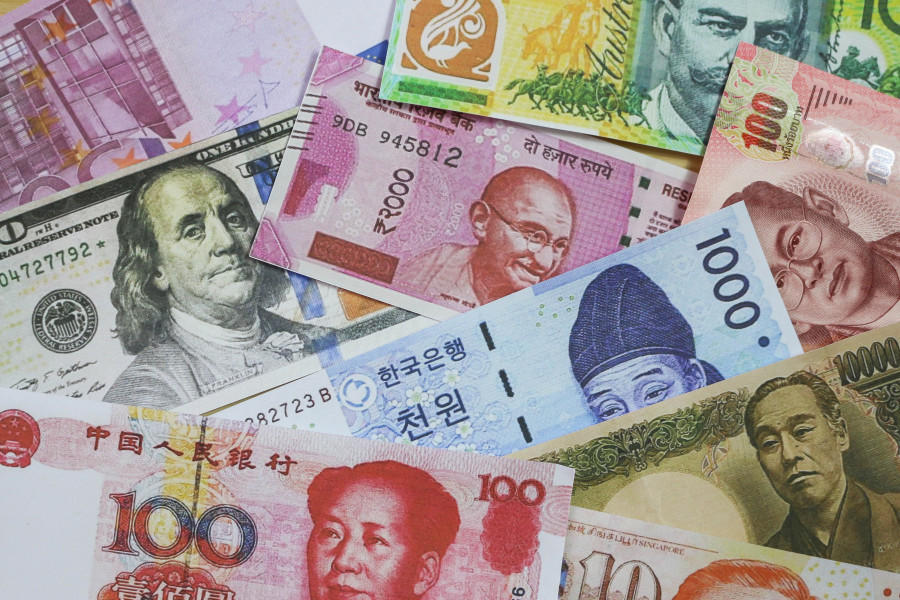Editorial
Time is of the essence
Every little measure should be taken to ensure economic stability at a precarious time.
The repercussions of a decision may not be felt immediately, especially when it concerns a strategic matter. The government has been facing flak for not doing enough, and whatever it has done has been too little too late. For this reason, the impact on the economy has been surfacing on multiple fronts. Frequent lockdowns to stem the spread of Covid-19 severely strained the economy and wreaked havoc in Nepal during 2020 and most of 2021. Businesses have long complained about the government’s ineptitude in handling the after-effects of Covid-19, especially its impact on a once-thriving market and a healthy foreign exchange reserve.
The depletion of foreign currency reserves is a cause for concern; due to the disruption in the labour market worldwide, Nepal, like many other countries in Asia that rely on remittances for an unceasing flow of forex, has begun to feel the heat. And yet the country’s import bill hit the trillion-rupee mark in the first half of the current fiscal year 2021-22. Nepal imported Rs999.34 billion worth of goods, up 51.13 percent year-on-year. A staggering surge by any stretch of the imagination. And all this when there has been growing concern about our forex reserves. For a long time, the Nepali administration has ignored exports; myopic policies of the past have led to the decimation of the garment and carpet industries, and primarily agricultural output, and this has had a fatalistic impact on the balance of trade. The consequences of such short-sighted policies are finally catching up with us.
A reliance on imports to meet our needs has been the norm, but that does not validate the rudderless position of the government in running the economy. It is a given that the pandemic has a hand in the general state of the economy right around the world, and Nepal’s position is no exception. But what policies have the government enacted to soothe the concerns that plague the economy? Are there policies in place to tackle the needs ranging from short to the long term? If that is the case, it certainly hasn’t made its presence felt.
The only actions relate to a series of knee jerk reactions to curbing imports. These measures do little in alleviating the concerns inherent in the economy; in fact, they have the opposite effect, resulting in more turmoil. Markets are very susceptible to even the slightest inference made to the disruption of supplies. The brunt of such measures will, in all likelihood, fall on the unsuspecting general populace. Unscrupulous traders will resort to hoarding, which will artificially increase the price of essentials and undoubtedly lead to a state of panic. Politicians need no reminding that an economic turmoil is the last thing they need when elections are just around the corner.
No country falls into a financial abyss from one day to another; it results from prolonged policies that the state executes over many years. The consequences of such a scenario are unfolding in Sri Lanka right before our eyes. And thus, every little measure should be taken to ensure economic stability at a precarious time. The fate of Sri Lanka wasn’t decided overnight, and nor will that of Nepal. And to stop the dire situation from getting any worse, Prime Minister Deuba will need to closely monitor the ongoing economic status and take corrective measures to pacify the markets and address the unfolding crisis, even if it takes some massive rejigs.




 13.12°C Kathmandu
13.12°C Kathmandu














